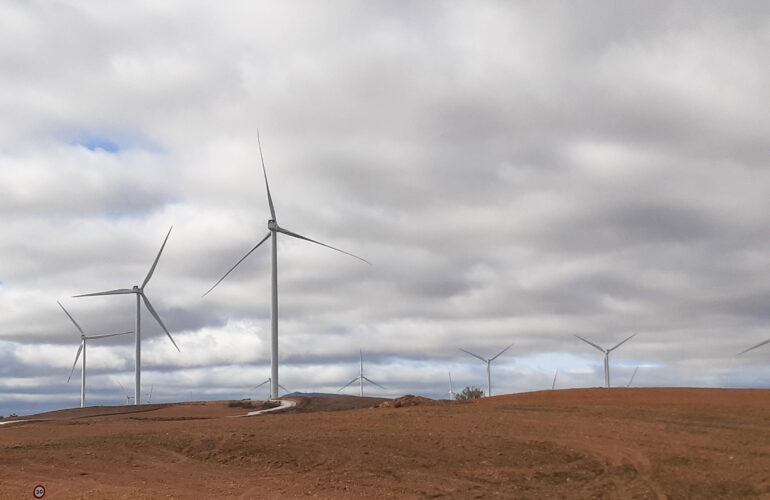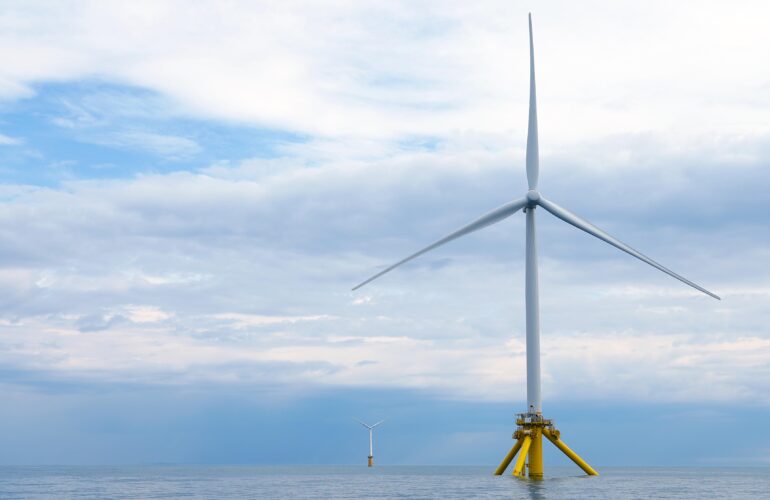About Wendy Project
The European Wendy project -Multicriteria analysis of the technical, environmental and social factors triggering the PIMBY principle for Wind technologies-, is based on a multicriteria analysis to identify the technical, environmental and social factors that increase the social acceptance of wind energy. The project is made up of six European Union member states – Belgium, Denmark, Greece, Italy, Norway, Spain and Greece – represented by nine entities: APPA Renewables, Copenhagen Business School, Enel Green Power, Energeiaki Koinotita Anatolikis Kritis, Circe Foundation, Marin Energi Testsenter, Q-Plan International Advisors, Stiftelsen Norsk Institutt for Naturforskning NINA and White Research.
The WENDY project is reshaping the wind energy landscape. By fostering public participation, engaging local stakeholders, and promoting societal ownership, we’re steering a shift from ‘Not In My Backyard’ resistance to ‘Please, In My Back Yard’ enthusiasm. Our comprehensive approach employs multi-spatial planning and impact assessment tools to harmonize social, environmental, and technoeconomic factors. With guidelines, reports, and handbooks, we’re enhancing understanding and empowerment, while a Knowledge Exchange Platform bridges stakeholders and innovations. WENDY isn’t just about wind energy—it’s about wind energy for everyone.
Use Cases

Use Case 1 – Italy
Both these wind farms are located in areas of resting and foraging for migratory avifauna in the seasons of spring and autumn.

Use Case 2 – Spain
The Primoral wind farm came into operation in 2019 with a total of 11 turbines with a wind power generation of 39.6MW.

Use Case 3 – Norway
These three cases will enable to examine the licensing process and consideration of the social and natural environment.

Use Case 4 – Greece
The planned wind park is located in Crete’s Asterousia Mountain and consists of 4 wind turbines. Total power generation 12MW.
